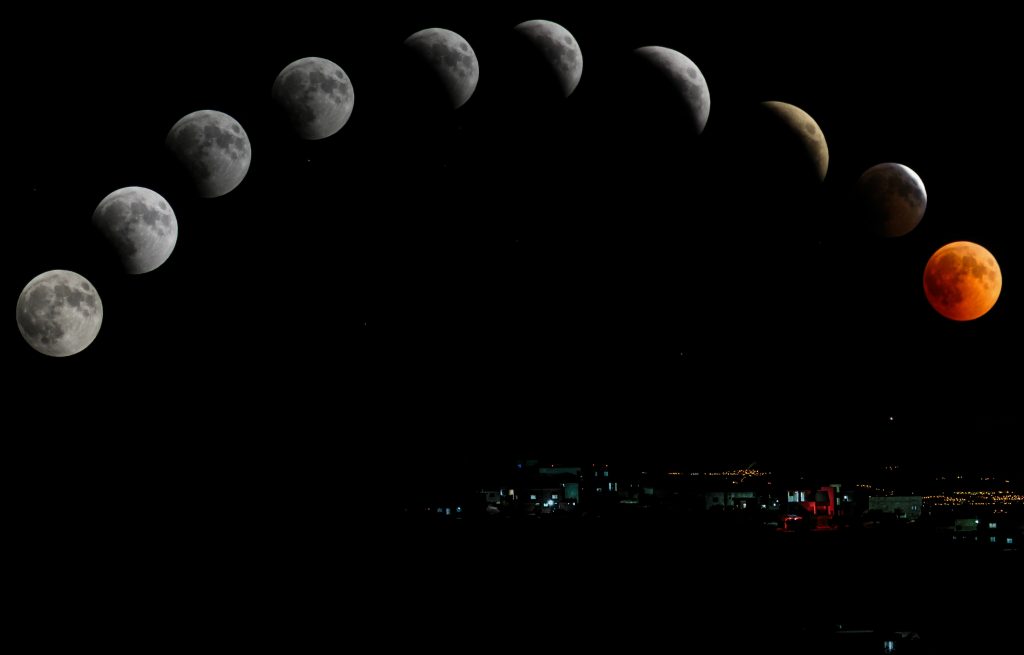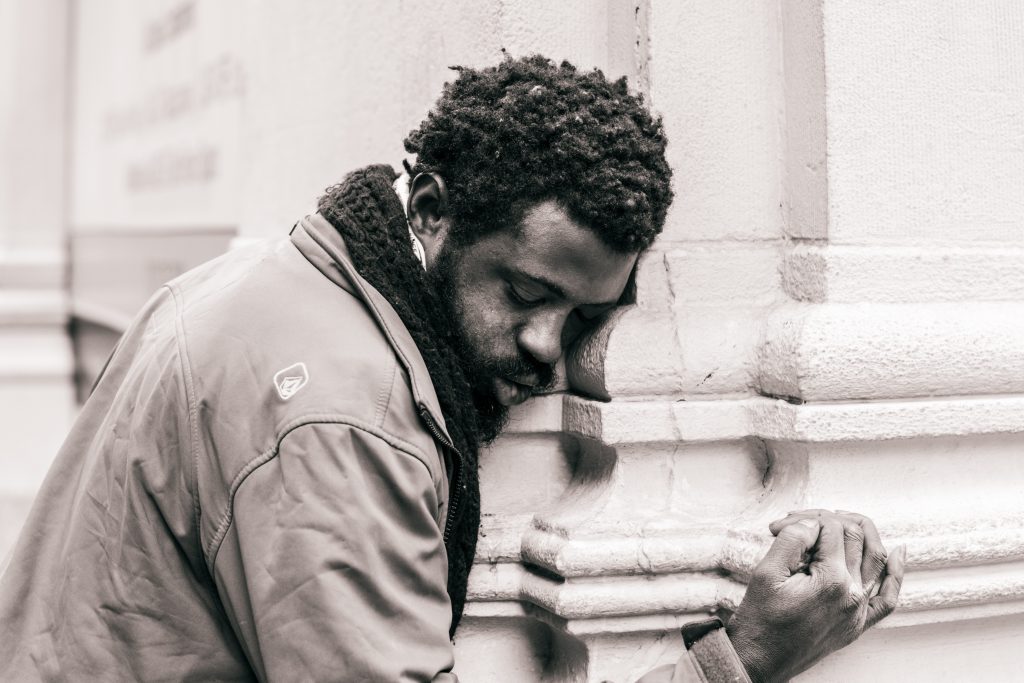This post is also available in Dutch .
Some believe that the lunar cycle can influence our health and behavior. And some research does not actually exclude that possibility. Does the moon really affect us in unforeseen ways?
Every time the Sun goes down, you can (almost) always count on the presence of our giant neighbor we call the Moon orbiting the skies. Formed billions of years ago, the Moon has been a constant source of inspiration for humankind, making special appearances in our mythology, folklore and music. But there are also those who claim that our connection to the Moon goes beyond our imagination. They think that the lunar cycle may actually explain our health and the way we behave.
How did this idea appear?
When modern lighting was still not available and people were more exposed to the moonlight, scientists hypothesized that some people would be susceptible to it and experience constant sleeping problems, eventually developing mental health issues like seizures or psychiatric symptoms. This hypothesis became outdated as we evolved into a society (slightly) less dependent on the moonlight, weather, and other natural conditions of our environment. Still, some people believe that the lunar cycle can have some sort of effect on us. Nurses claim, for example, that the number of hospital admissions increases during a full moon, as do police officers about crime incidence during the same stage of the lunar cycle. In response to these perceptions, researchers have reconsidered the lunar hypothesis and brainstormed about how we might have strings pulled by the Moon.

Image courtesy of Samer Daboul and Pexels (CC0 1.0).
The Moon and the circadian rhythm
A few scientists speculate that the lunar cycle, like the daily and seasonal cycles, may affect the circadian rhythm, our 24-hour internal clock that dictates when we feel more active and more prone to fall asleep. There’s indeed strong evidence that the day and night are essential in the calibration of our circadian rhythm, and that seasonal changes can have a strong impact on us, leading to increases in suicide and depression rates. Even the season of birth can tell a lot about someone. It’s less clear, however, how the moon’s cycle might have such an effect… but that has not discouraged our fellow scientists from giving it a shot! The search for evidence favoring the effects of the Moon took researchers on a journey to find out if society is shaken by the lunar cycle: birth and suicide rates, crime, emergency visits to psychiatric hospitals, telephone calls, or even stock markets. They have also tried to find “lunar” associations with different aspects of human health, like sleep quality, symptoms of bipolar disorder, episodes of seizure, incidence of aneurysm or cardiopulmonary arrest. They have even looked at associations with the menstrual cycle! Although it’s true that menstrual and lunar cycles have a similar number of days…

Image courtesy of Malcolm Garret and Pexels (CC0 1.0).
No lunar effect for now
Predictably, these studies show overall that we cannot claim that the lunar cycle has a physical effect on us. It’s true that a couple of studies show that some measures are explained by the lunar cycle, but every attempt to replicate the same finding in different studies has failed.
The issue with the kind of approach applied in moon-effect studies is that the associations they have found are not solid proof that the lunar cycle is the cause of anything. Correlation is not causation; i.e. the discovery of two associated factors in your study does not necessarily mean that one thing causes the other. Even if one study found that the lunar cycle is associated with sleep quality, this finding is not enough to blame your bad night of sleep on the Moon because the study may not have taken into account other factors that more intuitively explain why you’ve spent the whole night awake. If you do not consider other things that might influence the dynamics of your sleepiness, you may be making the same mistake as you would if you were to claim that reading skills increase with shoe size because you’re not considering age as an important factor.
Maybe a part of our sentiments feels disappointed that the Moon likely does not pull strings on ourselves or society. But I’m sure that it doesn’t make our billion-year-old neighbor less interesting than it already is. We can always count on its colossal presence in our culture and in our skies.
Original language:
English
Author: João Guimarães
Buddy: Monica Wagner
Editor: Christienne Gonzales
Damatac
Translator: Wessel Hieselaar
Editor Translation: Floortje
Bouwkamp
Credits: Top image courtesy of cbcs and Morguefile (CC0 1.0).
